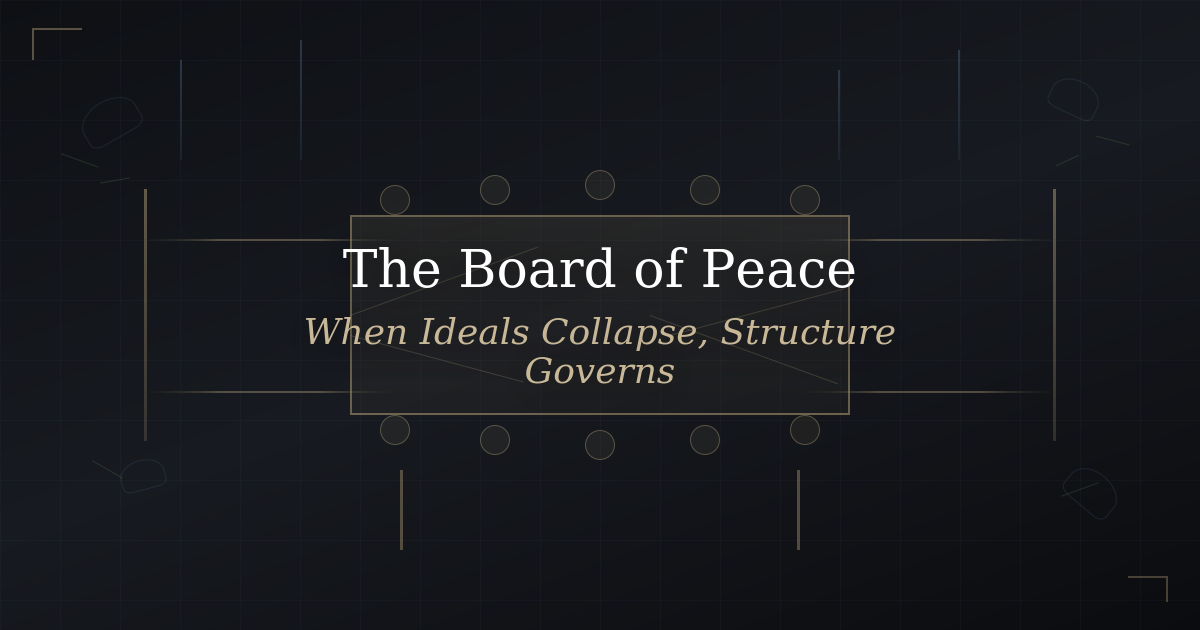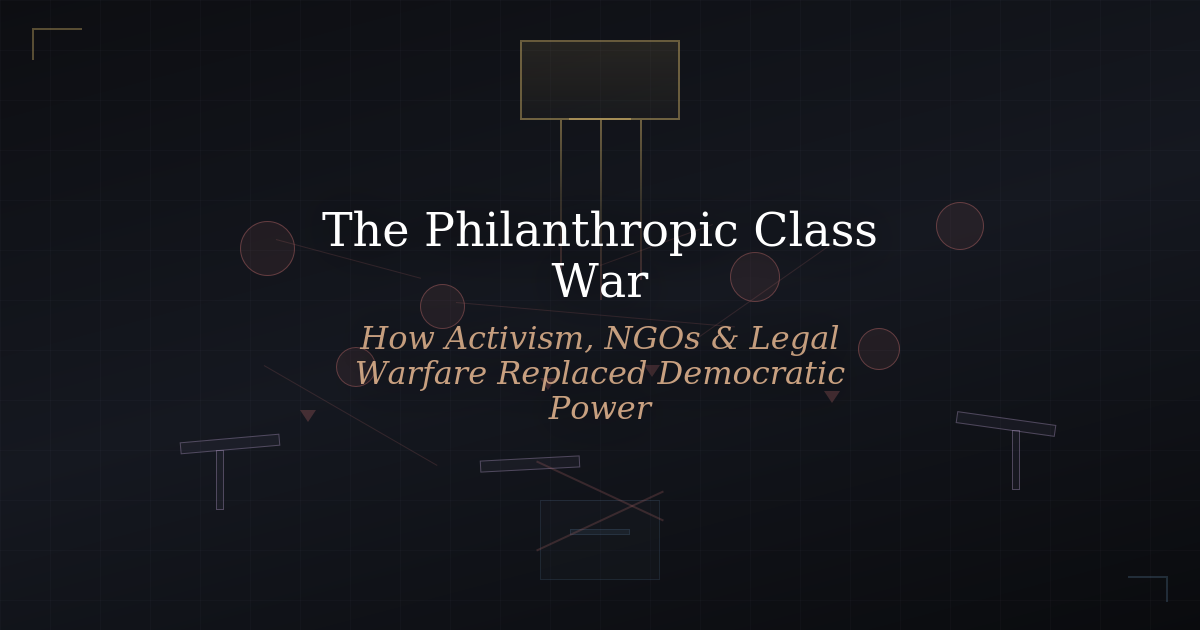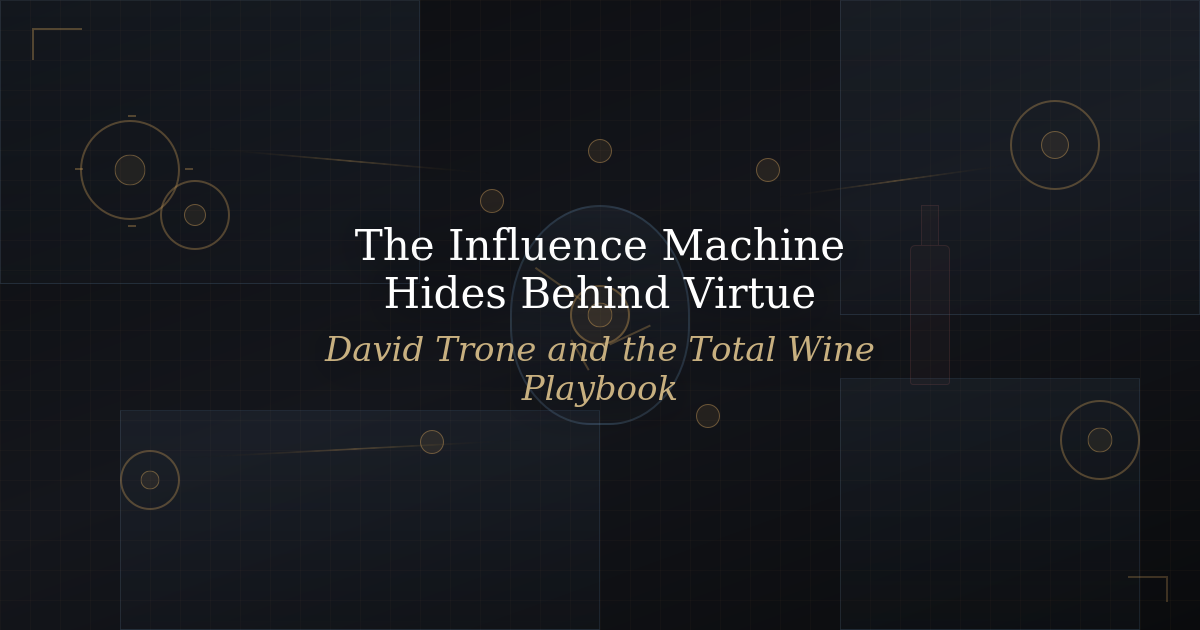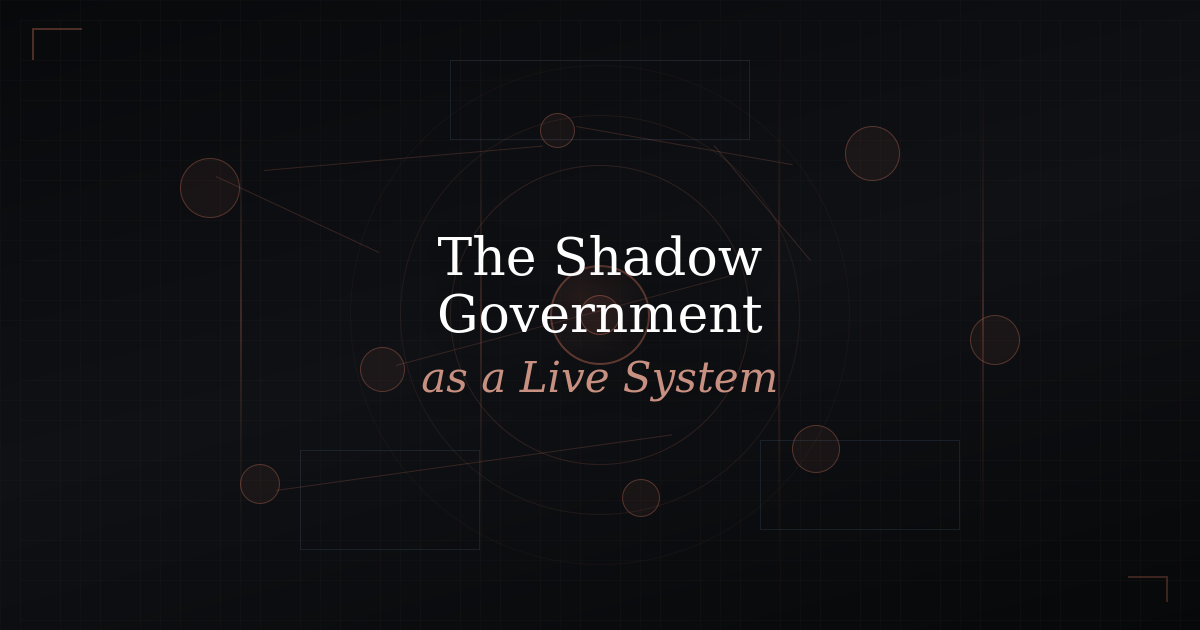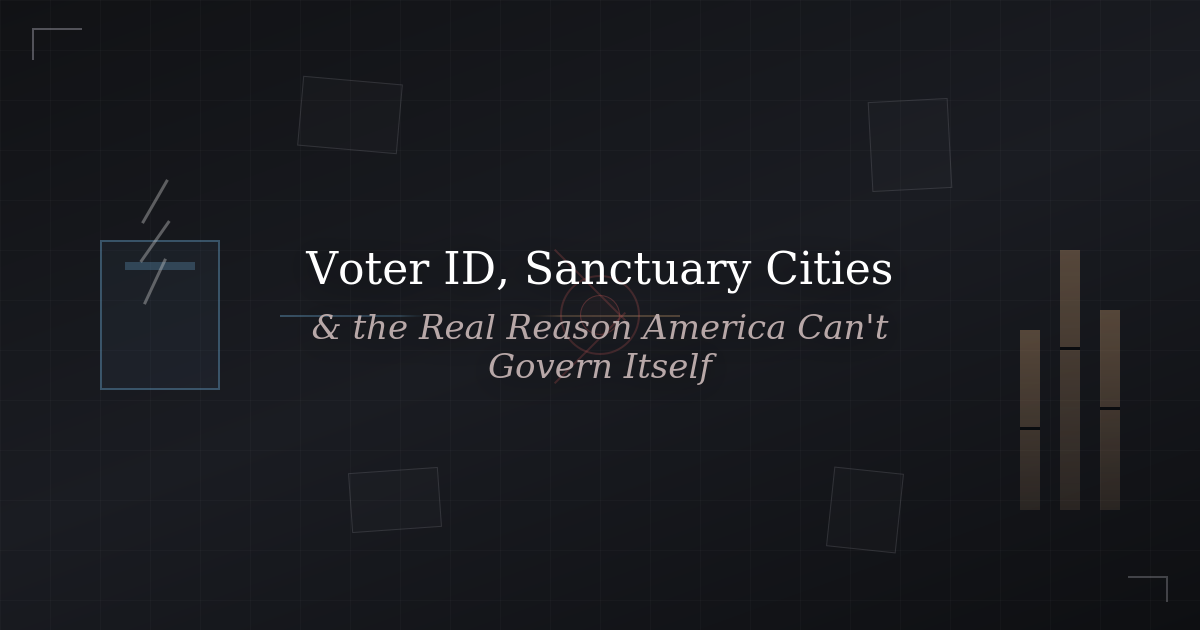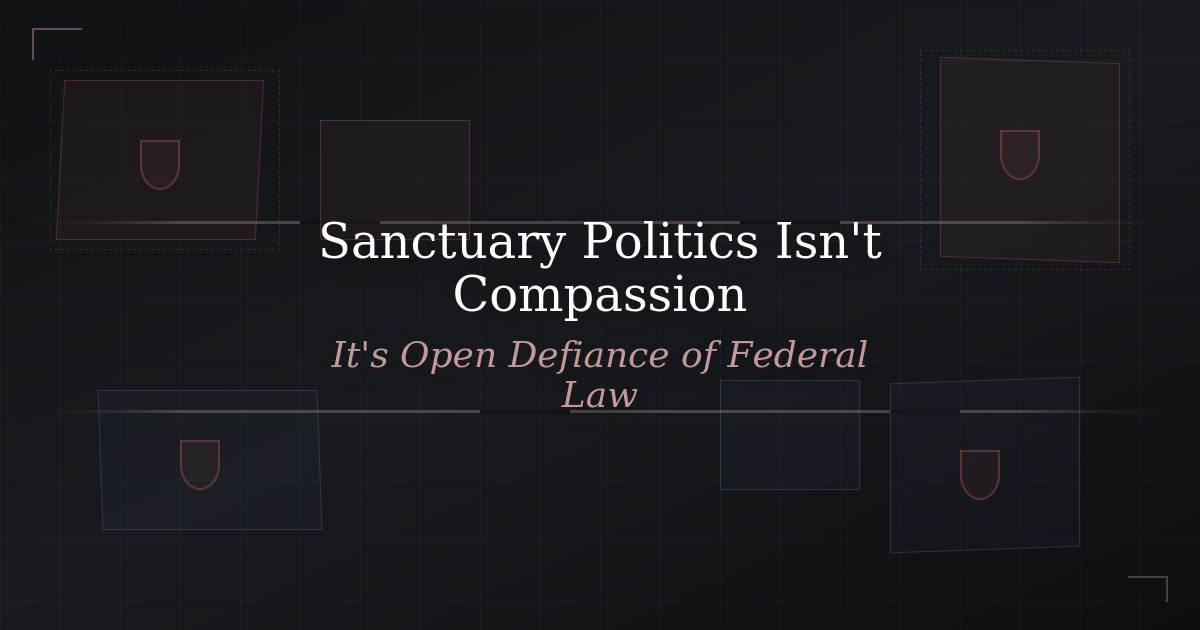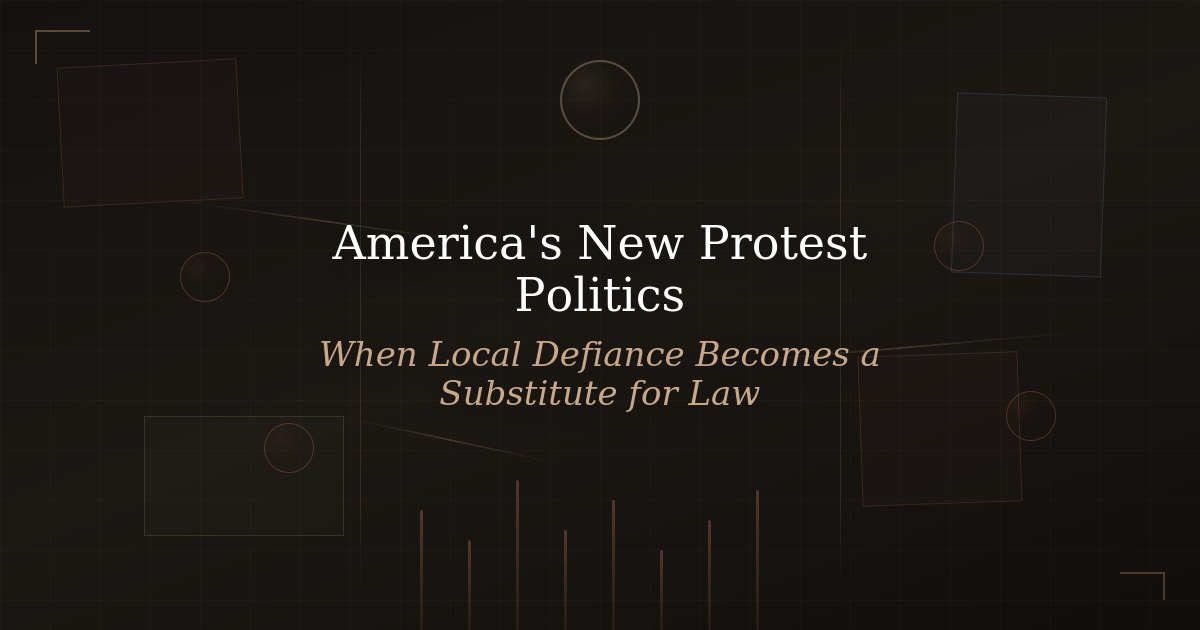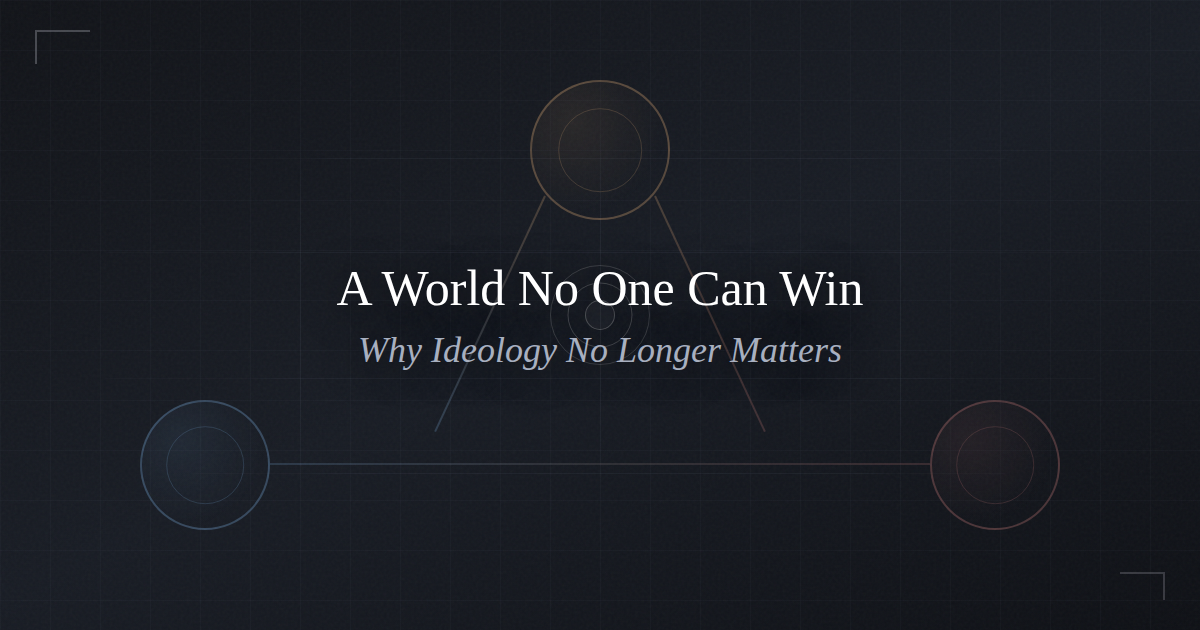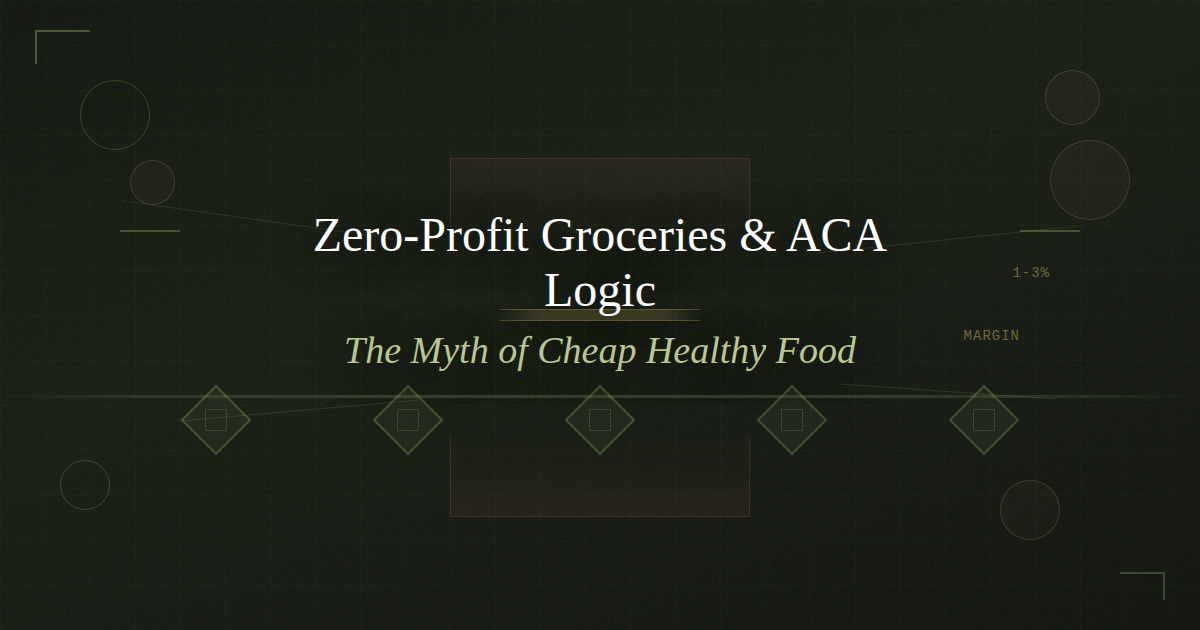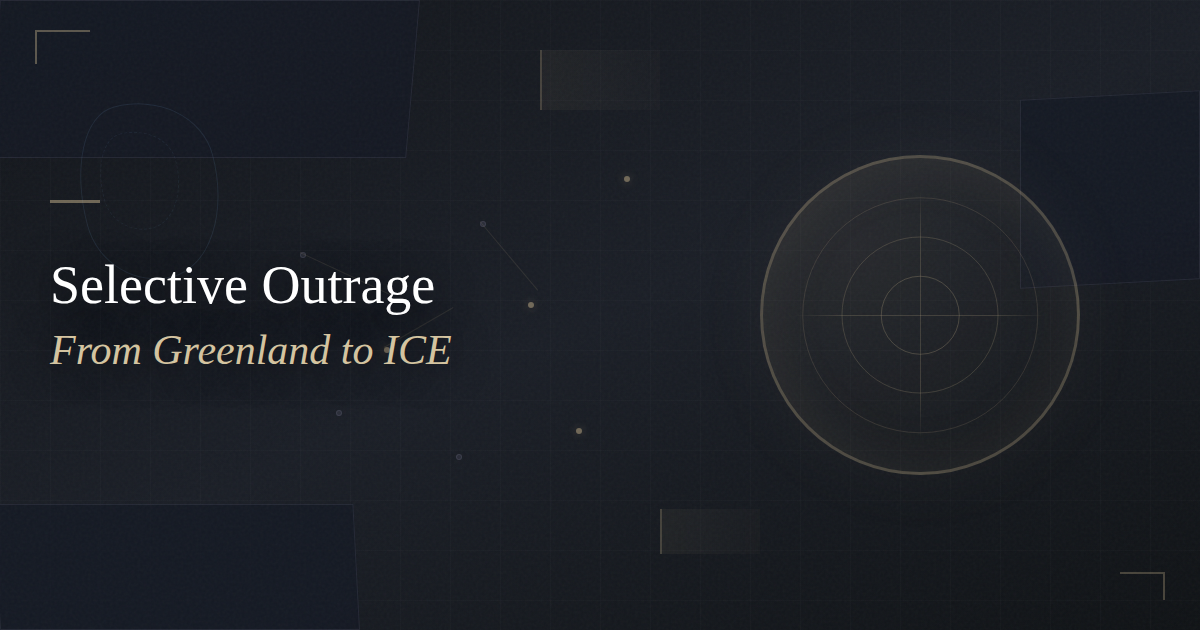Russia vs. NATO: A Crisis of Democracy, Sovereignty, and Western Interests
What comes next for the world—war, genocide (at least perceived), dictators and would-be autocrats, or simply organized chaos under the banner of “everything against Trump”? Do we hate to elevate the foolish? What the moralists call moral now seems to include killing people in wars to justify democracy through dictatorial means. Let’s look at Russia—are we defending Ukraine’s democracy, or is Russia defending its sovereignty, its access to the Black Sea , and preventing NATO missiles from landing in its backyard? Both perspectives are existential. Contrast this with the Cuban Missile Crisis—except this time it’s the Chinese seeking to build a strategic base. Will it happen, especially now that even Canada is considered an enemy ? And is all this really Trump’s fault? Negotiations abound, particularly among the Europeans—but is it genuine diplomacy or just power posturing among narcissists like Macron, Merz, and Starner, hoping to revive Europe’s supposed glory that arguably never existed? Their nations have long profited from imperialism , exports , a laissez-faire U.S. foreign policy, and a NATO that expanded into Eastern Europe and used brutal force when needed .
Just as a reminder, it was Operation Barbarossa that ultimately led to the formation of the USSR, which ended around 1990 with the fall of the Berlin Wall . Russia played no major role in the dissolution of Yugoslavia and was economically devastated in 1990–1991. Yet rather than pursue constructive dialogue, NATO simply absorbed the Warsaw Pact countries instead of stabilizing and uniting Europe—including Russia. Was this due to Russophobia, reminiscent of Hitler’s goals to eliminate communism? Since WWI, historians have held the final say—and their interpretations are inherently political. Today, we’re told Putin wants to invade Finland and Sweden , and then all of Europe—while simultaneously mocking his military capability. Would any country not build up its border presence if NATO placed a “force” on Finland’s border with Russia? The last time Russia had conflict with Finland, it lasted three months at the start of WWII. What do historians now say—did Russia want all of Finland or just strategic territory? And how was it resolved— through negotiations ? This is not a justification of any side, but the reality is that national interests are not bound by political ideology . So why are we fighting over whether democracy or communism is better, instead of protecting one another’s national interests? Europe may need to rethink its strategy in Ukraine. Its survival—economically and militarily—depends on alignment with Russia, China, or the U.S. A European NATO sounds ideal, but sun and wind may not be enough. Agriculture and a simpler life may not deter invasion either. And where will the fuel come from? Recent developments don’t look promising—resolving this conflict requires reasonable people. Neither Zelensky nor Putin seem to qualify. Yet for Russia, this is existential. The same goes for Israel. Too many resources are at stake, and Europe may need seven years just to prepare.

